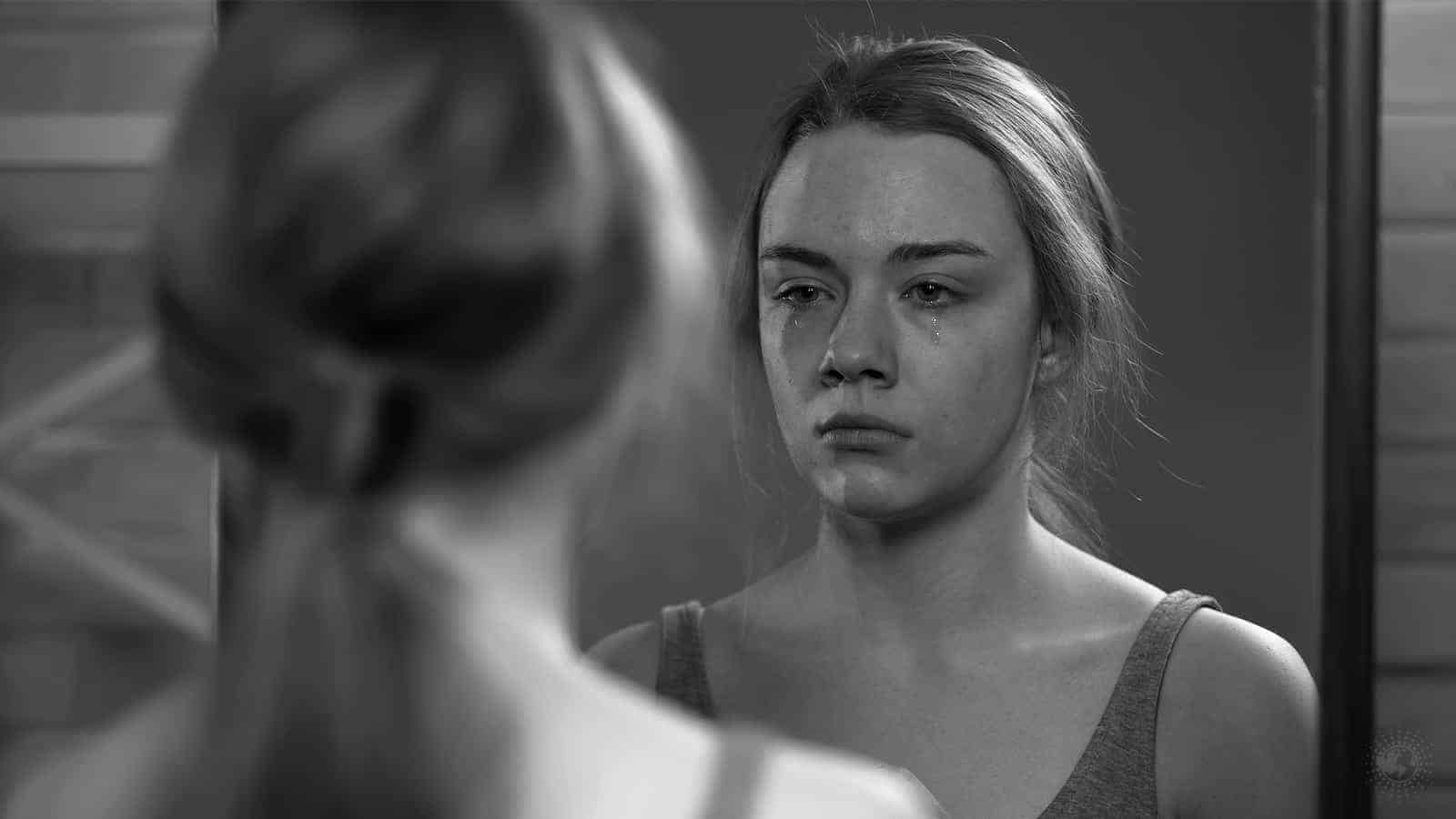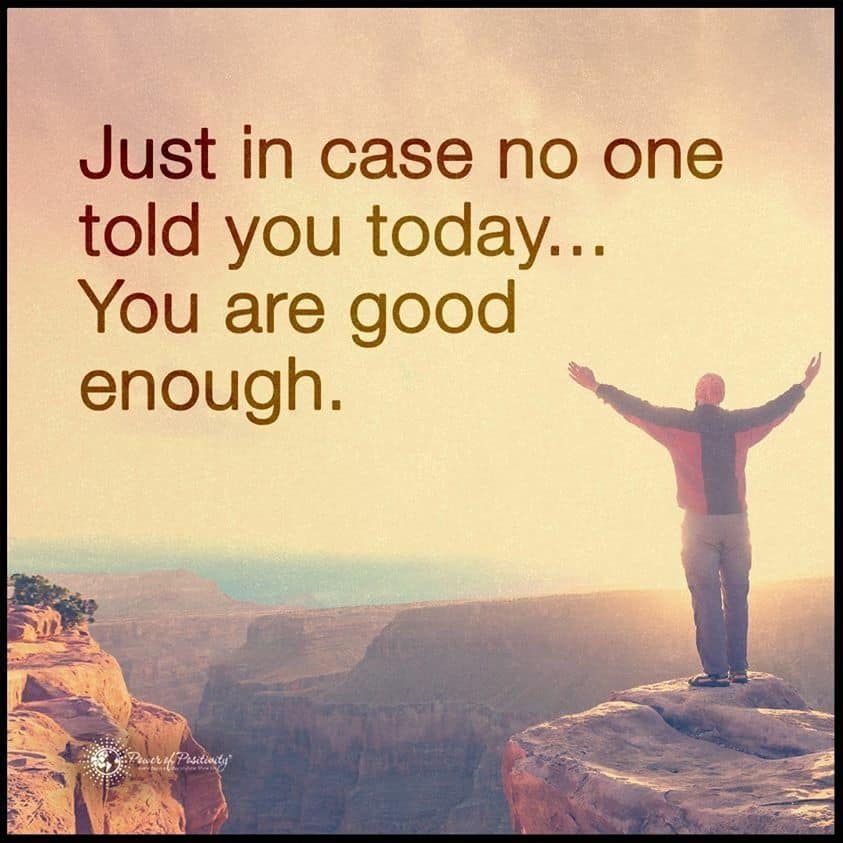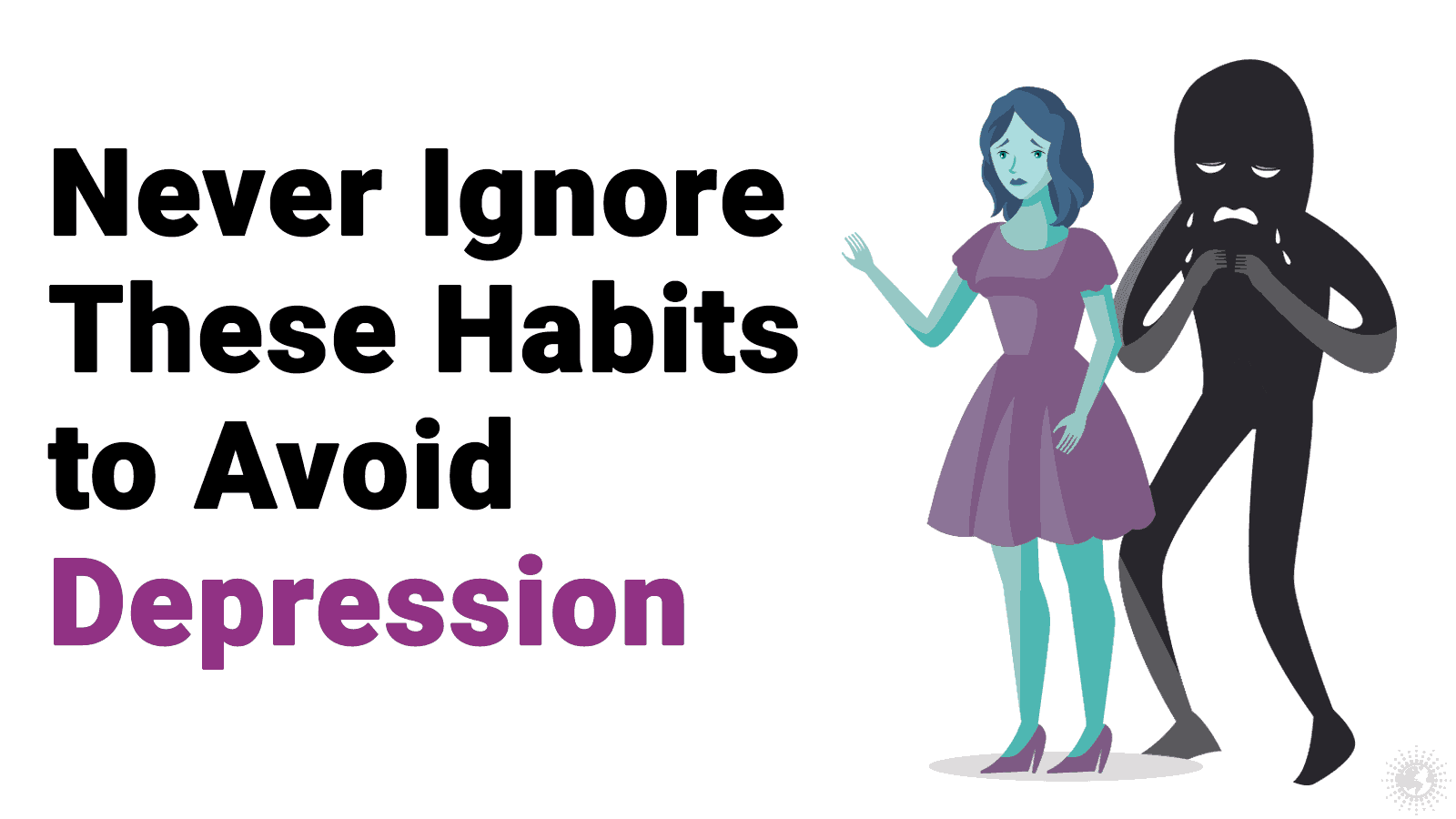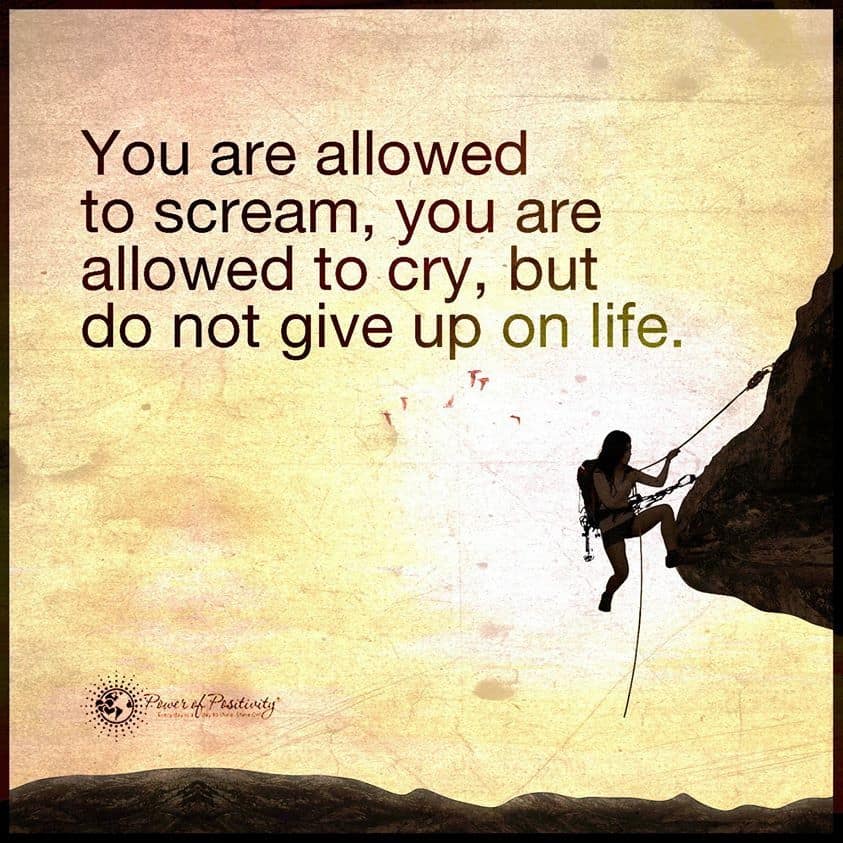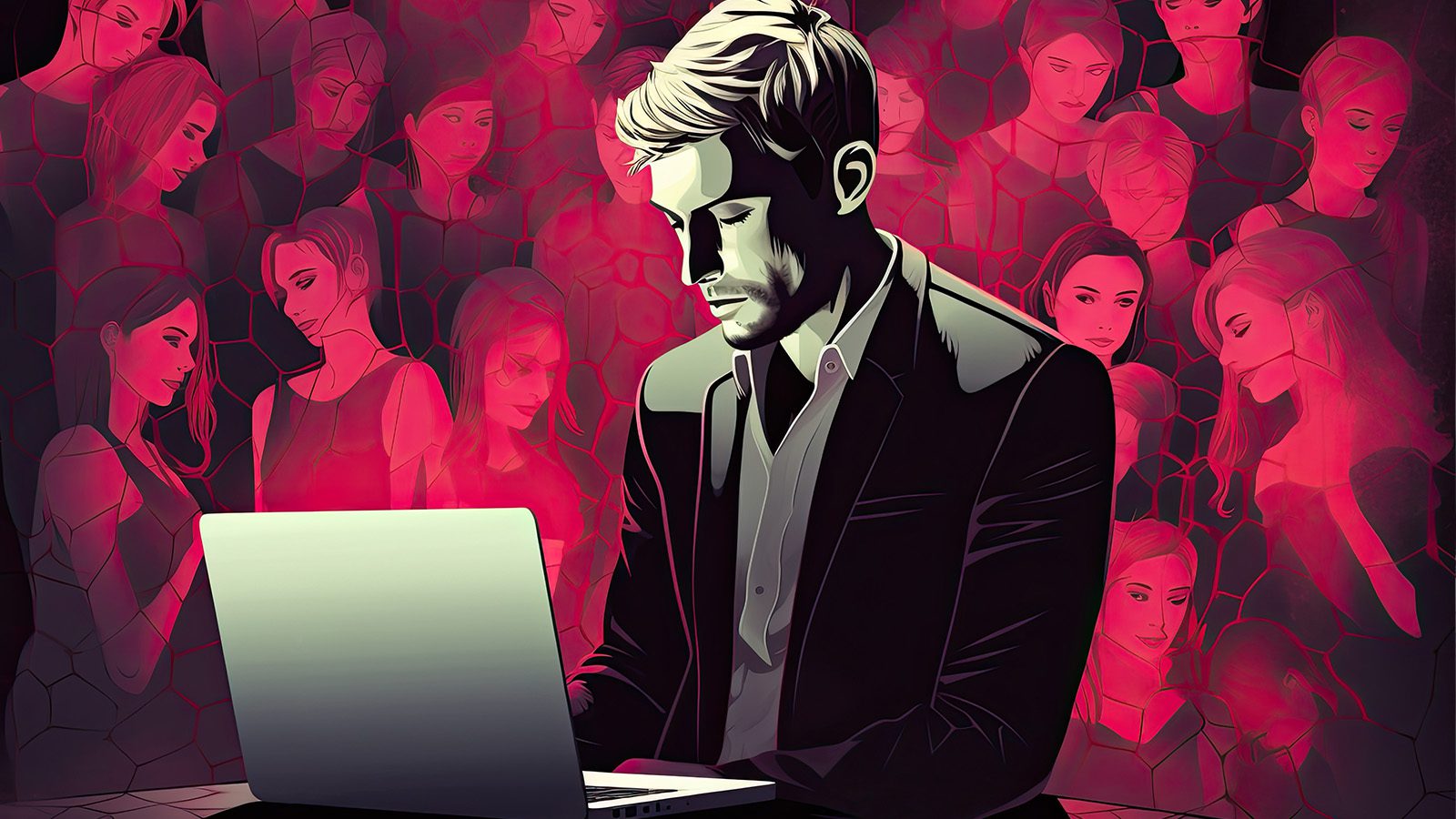If you’ve lived any time at all, you know that it’s normal to have days when you feel melancholy and want to stay in bed. But if these mild symptoms continue for a year or so, you may be diagnosed with persistent depressive disorder or dysthymia. And if you experience dysthymia and a major depressive disorder simultaneously, it is double depression.
Depression in America
Mental health experts say that adults and children can be affected by dysthymia, which comes from the Greek word for despair. Children can experience dysthymia for as long as a year, while adults can battle it for two years or more.
Statistics from the Anxiety and Depression Association of America, or ADAA), show that at least 16.1 percent of people in America receive a depression diagnosis every year. The number is probably higher because many resist getting a diagnosis and treatment. Of the number who are diagnosed, statistics say that about 3.3 million have a double diagnosis.
Experts say that most people with an anxiety disorder also deal with depression. The two conditions battle each other and can cause physical ailments. Treatment for depression often includes a diagnosis of other mental illnesses.
What Causes Double Depression?
Medical research is no more conclusive about what causes double depression than it is for major depressive disorders. For now, experts continue to study signs and symptoms related to a patient’s medical history. These are some of the probable causes they have identified.
• Family History
Did your parents, grandparents, or other extended family members battle depression? If so, you are more likely to have the same condition. Many researchers claim that genetics play a key role in bouts of dysthymia and severe depression.
Other studies suggest that the brain circuits regulating mood and emotions are abnormal in the depressed person’s brain. When brain chemicals such as serotonin and dopamine are imbalanced, dysthymia is often the result. When dysthymia and significant depressive orders meet, it creates a double storm.
• Traumatic Events
Experiencing trauma can not only cause anxiety and post-traumatic stress, but it may also trigger double depression. Trauma often creates a glitch in the brain, which causes it to replay the scene like a never-ending video loop.
In this situation, you feel anxious and hopeless, as if you are frozen in time. Symptoms may begin as mild depression then worsen into a major depressive disorder. The depressive downswing can make your anxiety worse.
• Chronic Stress
If you didn’t experience some stress, you wouldn’t be living. However, chronic stress is a different story, and it can destroy you physically, mentally, and spiritually. It’s one of the main contributors to double depression.
Any level of stress kicks in your brain’s survival mode and causes you to have fight or flight symptoms. When your body is overloaded with stress hormones like adrenaline and cortisol, it can cause disease, mental disorders, or even premature death.
Stress attacks you from every sphere of your existence, such as home, work, society, and your inner struggles. If chronic stress is causing you grief and dysthymia, you can do something about it. Find ways to lower your stress levels, and it can ease some of the symptoms of your depression.
• Chronic Health Conditions
When you or a loved one are chronically ill, it’s understandable that you would have reason to be depressed. Chronic health conditions affect your quality of life and your relationships with others and yourself. It creates a debilitating stressor that can weigh heavily on your mind and cause your depression to be doubled.
• Medications
If you are taking prescription drugs, your healthcare provider has decided that their benefits for you would outweigh any possible side effects. The media is flooded with countless infomercials about new medications and never-ending lists of side effects. Right between causing headaches and dry mouth, you may hear that the drug can cause depression.
Are you experiencing symptoms of dysthymia? Discuss them with your primary healthcare provider and see if you can take an alternate medication. Remember to never stop or change your prescribed dosage without medical guidance.
• Loss and Grief
People often associate loss and grief with the death of a loved one, which is undoubtedly true. However, loss of any kind can create symptoms of distress in different levels of severity. Losing your job, divorce, romantic breakup, or empty nest syndrome can contribute significantly to your feelings of grief and hopelessness.
These and other experiences can cause double depression and magnify their symptoms. The longer you are in the mild depressive state, the more your chances are of developing dual depression. Early intervention can help treat the condition before it gets worse.
What are the Signs and Symptoms of Dual Depression
If you have symptoms of depression, a close friend or loved one is probably more apt to see the signs before you do. You may not even realize that you are behaving out of the ordinary. These are the seven signs of dual depression to consider.
- A dark, melancholy mood that lasts for days
- Poor hygiene and disregarding appearance
- Lethargy and noticeable restlessness
- Loss of interest in things that usually brought enjoyment
- Change in appetite: Overeating or Malnutrition
- Weight Changes: Unusual weight gain or weight loss
Lack of concentration and difficulty concentrating
Also, you may notice these signs of a major depressive disorder that is superimposed on dysthymia.
- Change in sleeping patterns: oversleeping or insomnia
- Fear of losing control
- Self-loathing or low self-esteem
- Uncharacteristic behaviors
- Thoughts and ideation of suicide
If you or a loved one are having thoughts about suicide, get help immediately. Call 911 or take your loved one to the emergency room at once. Depression needn’t cost a life.
The Depression Vortex
Since everyone is different, you may not experience all these symptoms at the same time. Your symptoms may vary in time and intensity. Sometimes, your depression may be linked to two or three severe signs.
At first, you may feel gloomy and want to avoid being around other people. Self-isolation gives you more time to ruminate and cultivate negative self-talk. These symptoms soon start to affect your appetite and sleep patterns.
If left untreated, these symptoms can intensify. Like a swirling downward vortex, one sign builds upon another until you are lost in a dark sea of double depression that can last for years.
How is Double Depression Diagnosed?
If you or a loved one notices any signs or symptoms of mild depression or dysthymia, consult your primary healthcare provider or a mental health professional as soon as possible. Acknowledging you are depressed is the first step in getting the help you need. The healthcare team must depend on observation because there are no specific lab tests to confirm the diagnosis.
• Preliminary Examinations
First, the healthcare team will do a physical exam and conduct a few lab tests. Since many diseases and disorders mimic the symptoms of depression, these tests will rule them out. They will ask you questions about your medical history and any medications or supplements you are taking. History of depression or other mental conditions can be a tell-tale sign.
• Referrals
If a complete workup doesn’t yield a physical reason for your symptoms, your primary healthcare provider may conclude you have depression. The provider will probably refer you to an experienced mental health provider.
For optimal evaluation and diagnosis, work with a mental health professional who is experienced and makes you feel comfortable. During your visit, the therapist will go over your medical history with you and ask you a series of questions. It’s important that you are completely honest with your answers because they will help determine if you meet the depression diagnosis criteria.
Treatment for Dysthymia
If you fit the criteria for mild and severe depression, you will be diagnosed with double depression. You can feel good about getting help because it can prevent your symptoms from getting worse. Here are some of the common treatments for a double diagnosis.
• Antidepressants
When the chemicals in your brain become unbalanced, mental conditions like depression can occur. Antidepressants are drugs that help bring your chemicals into balance and stabilize your moods.
• Psychotherapy
Dysthymia, major depressive disorder, and dual depression often entail negative thoughts and emotions. Your therapist may try cognitive therapy to help you recognize your negative thought patterns and realize how they affect your perceptions. You’ll learn ways to turn these bad thoughts into positive ones that serve you better.
• Interpersonal Therapy
Sometimes, your depression is based on trauma and fear. When you go through exposure therapy, you will learn to confront your fears and realize a reduction in your anxiety and depression with each session. You will find tools that help you cope better with everyday stress.
Final Thoughts: Don’t Give up–Double Depression is Treatable
Whether you have mild depression, a major depressive condition, or a combination, you may feel like a hostage in your mind. An early diagnosis can help the situation from getting worse. With a combination of medicine and therapy, you can minimize your symptoms and feel the joy that you want and deserve.

